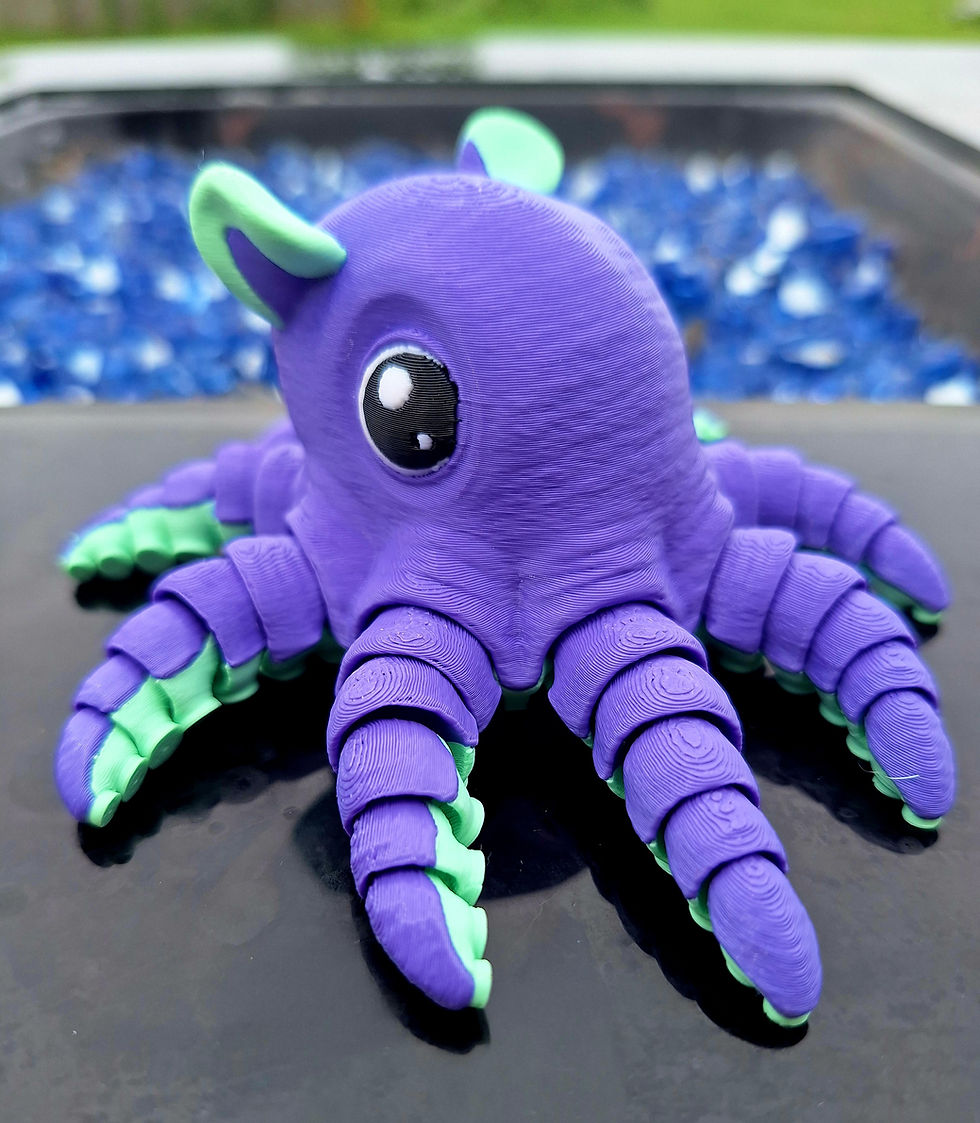💬 How to Talk to Others About Your Diagnosis
- WeBe Sensory

- Jun 30, 2025
- 3 min read

Whether you’ve just received a diagnosis—or have known for a while—telling other people can feel overwhelming.
Will they understand? Will they treat you differently? Will they believe you?
Whether you’re autistic, ADHD, dyslexic, or living with another neurodivergent identity, talking about your diagnosis is a deeply personal decision. And while you don’t owe anyone an explanation, sharing your truth can also be empowering, healing, and even liberating.
Here’s how to navigate those conversations with more confidence, clarity, and care—on your terms.
🌱 1. Know That It’s Your Choice
You are not obligated to disclose your diagnosis to anyone—not family, not friends, not your employer.
You get to decide:
If you want to share
When you feel ready
Who is emotionally safe
How much information you want to give
There is no “right” time. Trust your gut.
💬 2. Choose the Words That Feel Right for You
There’s no script you have to follow. You can keep it simple, or go in-depth. You can use medical terms or identity-first language. What matters is that it feels authentic to you.
Here are a few ways to start:
“I recently found out I’m autistic/ADHD/etc., and it’s helping me understand myself better.”
“I wanted to share something personal with you—I have a neurodivergent brain, which means I experience things differently.”
“You might notice I use certain tools or routines—they help me regulate my sensory needs.”
“This isn’t new, but I have a name for it now, and it’s part of how I move through the world.”
You don’t have to explain everything. Just share what matters to you.
🛑 3. Prepare for a Range of Reactions
Some people may respond with support and curiosity. Others may not understand. That’s not a reflection of your worth or the truth of your experience.
You might hear:
“You don’t seem autistic/ADHD to me.”
“Are you sure?”
“But you’re so high-functioning!”
“Everyone feels that way sometimes.”
These responses can sting. They may come from misinformation, discomfort, or fear—not malice. You can choose to educate—or to protect your peace and walk away.
🛠️ 4. Use Boundaries and Tools
If the conversation turns uncomfortable, it’s okay to say:
“I’m not looking for advice, just sharing.”
“This is new for me, and I need time to figure it out.”
“I’d be happy to send you a resource if you want to learn more.”
“I’m going to pause here. I don’t want to go any deeper right now.”
Some people feel more comfortable writing a letter, email, or voice note instead of talking face-to-face. That’s valid, too.
🧠 5. Talk About Support—Not Just Labels
Sometimes, sharing isn’t about the diagnosis itself—it’s about what support you need.
You might say:
“I process things better with visuals—can we write this down?”
“I may stim or fidget to stay calm—it helps me focus.”
“If I seem overwhelmed, a short break helps me reset.”
“I don’t need you to fix anything. Just being patient helps.”
Diagnosis or not, you deserve tools and environments that help you thrive.
💖 6. Remember: Your Diagnosis Is Not a Burden
Your diagnosis is a framework for understanding—not a flaw to apologize for.
You are not “too sensitive.”You are not “making excuses.”You are not “just looking for attention.”
You’re learning about yourself. That’s brave. That’s beautiful. That’s valid.
✨ Final Thoughts
Talking about your diagnosis is not always easy—but it can be deeply powerful.It allows others to see you more clearly—and it gives you permission to show up as your full self.
You don’t have to be ready today.You don’t have to tell everyone.But when you do decide to share, do it with your head high.
Because your story matters. And your brain belongs.
🌈 Want support tools to help you live more authentically?
Check out our WeBe Wonderbox™—a monthly box of sensory tools, affirmations, and resources made for every kind of brain (and every kind of day).



Comments